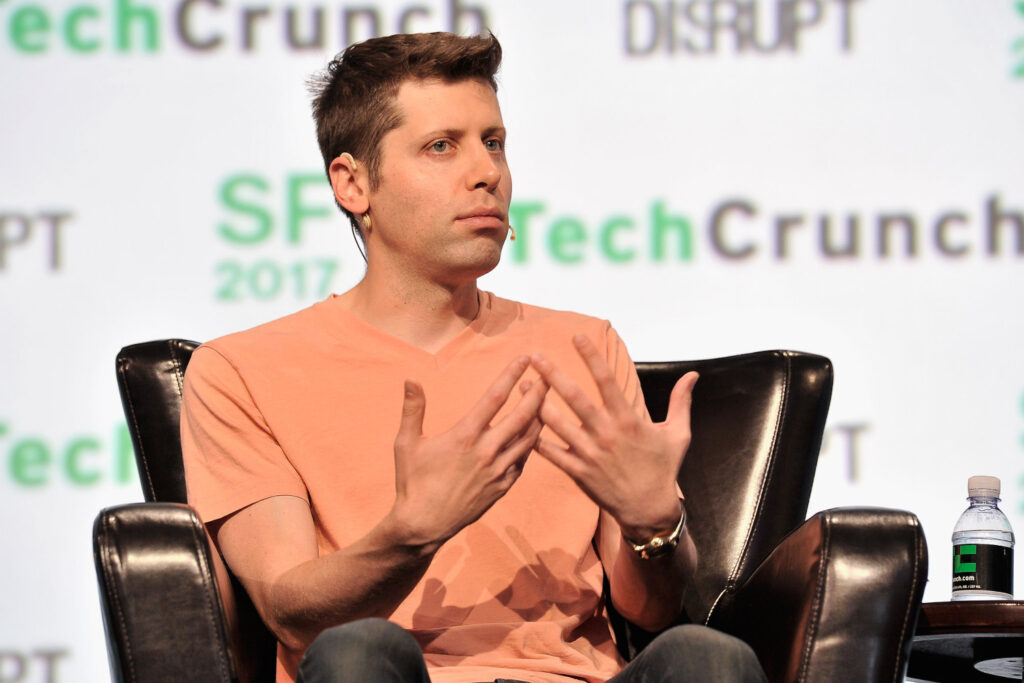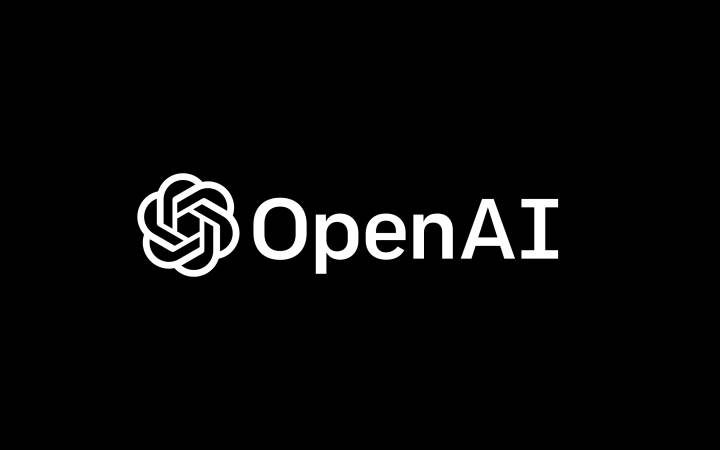By Gregorio Sánchez Marín, Universidad de Alcalá
On Saturday, the news broke: Sam Altman, until then CEO of OpenAI, the company he founded in 2015 and one of the most advanced in the development of artificial intelligence (“ChatGPT” is his project), had been fired by the board of directors of his company.
The dismissal was announced to him by videoconference. Greg Brockman, president and also founder of the company, was the next to be removed from his position within OpenAI. The argument of the board of directors was the loss of confidence in both executives.
i love openai, and everything i’ve done over the past few days has been in service of keeping this team and its mission together. when i decided to join msft on sun evening, it was clear that was the best path for me and the team. with the new board and w satya’s support, i’m…
— Sam Altman (@sama) November 22, 2023
Following the news, OpenAI employees threatened to leave (and some did). After five days of back and forth, including Altman’s signing with Microsoft to develop its AI division, it has just come to light that, after pressures (markets protested, competitors wanted to take advantage, employees voiced their discontent), the board of directors backed down, and Sam Altman and Greg Brockman are back at OpenAI. But the board that kicked him out is gone.
we are so back pic.twitter.com/YcKwkqdNs5
— Greg Brockman (@gdb) November 22, 2023
A complex and traumatic move for a company
The dismissal of a CEO by the board of directors is a complex and almost always traumatic process for a company. The board, which has a responsibility to act in the best interests of the company and its shareholders, may be forced to remove them due to circumstances that usually involve performance issues (poor financial results or lack of strategic execution), illegal or unethical behavior, conflicts of interest, strategic misalignment or loss of trust.
It must be taken into account that the entry of new financial partners in the search for rapid expansion in the markets can be a double-edged sword for the founders since it takes away the majority control of the company.
These decisions are particularly serious and have powerful corporate consequences when the person being dismissed is the company’s founder, in addition to the top executive. It happened in 1985 with Steve Jobs and Apple, and this week with Sam Altman and OpenAI. Both were fired from the companies they founded and returned to them. In Jobs’ case, it took 12 years (from 1985 to 1997). For Altman, it took only five days after his termination.
The two are paradigmatic examples of how a company’s fortunes can be closely tied to the vision and leadership of a highly charismatic founder. During Jobs’ absence, Apple struggled with product innovation and faced increasing competition. His return and compelling vision based on an emphasis on design, innovation, and the relentless pursuit of excellence contributed to Apple’s resurgence and success.
Leadership and charisma
Altman, 38, also has the traits of a charismatic leader. Having become the visible face of ChatGPT – and the defending face of artificial intelligence – his departure caused chaos in the company and the markets.
Altman is a regular protagonist of the most important international technology forums, where he rubs shoulders with the world’s top leaders. The founder of OpenAI defends a disruptive vision of AI as a means to contribute to the improvement of humanity, betting on its intensive and rapid implementation.
This vision clashed with the board of directors, which opted for a more controlled and monitored process implementation. This seems to be the origin of the conflict that led to Altman’s dismissal. His subsequent reinstatement – and the dismissal of all board members – appears to have given Altman the victory.
Strategic alignment
From these episodes, we can conclude that, in a context of strong leadership, the lack of strategic alignment between the CEO-founder and the board of directors often leads to a loss of trust that sometimes triggers decisions as drastic – and often overly emotional – as layoffs.
Jobs’ and Altman’s charismatic leadership and the powerful impact of their respective business visions managed to overcome the (more conservative) positions of their boards. Time proved Jobs’ strategic vision right. It remains to be seen what will happen to Altman’s.
Gregorio Sánchez Marín, Professor of Business Organization, Alcalá University
This article was originally published in Spanish by The Conversation. Read the original.





I’m not sure where you’re getting your info, but great topic.